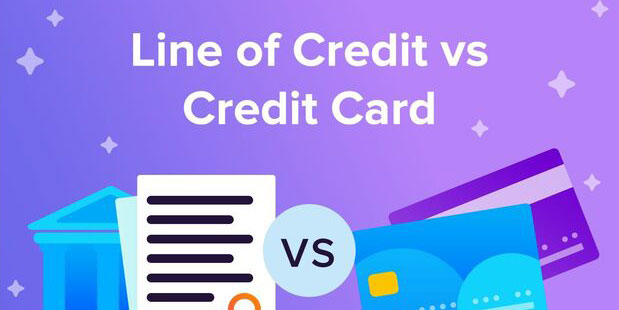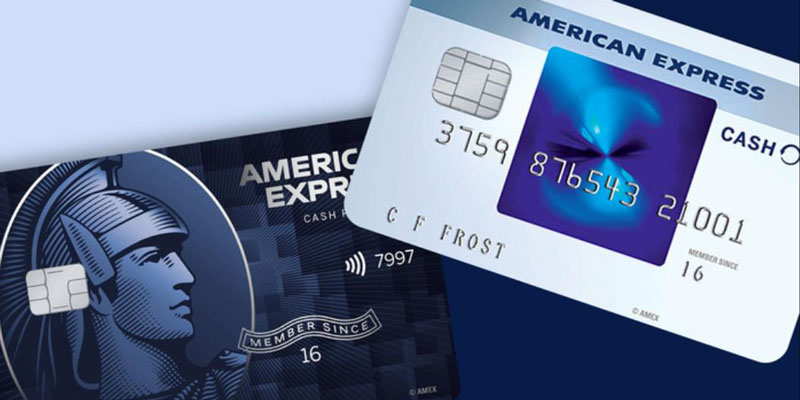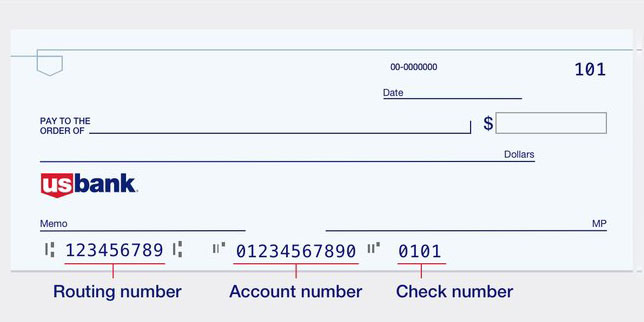What's The Deal With VA Loans Vs Regular Loans
Veterans, current duty service members, and surviving spouses who meet the requirements can get a VA loan for the total purchase price of a property with no money down. There's a common misconception that qualifying for a VA loan is automatically superior to a conventional loan.
An Overview of VA Loans

Loans guaranteed by the U.S. Department of Veterans Affairs (VA) can be used by service members and veterans to buy, construct, or refinance a property. The Department of Veterans Affairs (VA) of the United States guarantees repayment of the loan to the mortgage lender if the borrower defaults on the loan. No down payment and no mortgage insurance are two of the many advantages of a VA loan. Low-interest rates and more lax credit requirements are typical with VA loans.
An Overview of Conventional Loans

The most common home mortgage is a conventional loan. The federal government does not guarantee it like a VA loan is. It's offered by a wide variety of mortgage lenders, from traditional banks to alternative lenders operating only online. A 3% down payment for eligible people is needed to secure a conventional loan.
However, private mortgage insurance (PMI) premiums will be required if your down payment is less than 20%. Insurance premiums are typically included in the mortgage payment. The minimum credit score for a conventional loan is 620, the same as for FHA loans, but a score of 740 or more is typically required for the best interest rate and conditions.
Comparing VA Loans To Other Loan Options
Conventional loans meet the criteria set out by Fannie Mae and Freddie Mac and do not include any government backing. Credit standards vary depending on the lender and the loan type. The typical loan minimum FICO score is 620, although a higher score will likely get you better rates and conditions. Variations further include:
Initial Expenditure
The VA loan's most notable perk is the absence of a down payment. No down payment is required for most VA loans. Generally speaking, a borrower's VA loan entitlement will decrease if they need a down payment.
On the other hand, conventional loans often need a down payment of at least 5%. The FED reports that in the first quarter of 2022, the median sales price of a house was $507,800. The minimum required down payment for a traditional loan is 5%, which for a borrower in today's market would be above $25,000.
Mortgage Insurance For Private Loans
Private mortgage insurance is required for conventional loans with down payments of less than 20%. (PMI). PMI premiums can easily range from $150 to $200 monthly, depending on property price, credit score, and other criteria.
Private mortgage insurance (PMI) is added to a loan to protect the lender in case of default and is usually cancelled if the loan-to-value ratio drops below 80%. Borrowers can save thousands of dollars over a VA loan's term due to the absence of private mortgage insurance.
Rates
VA loans often have the market's lowest interest rates. Optimal Blue, a provider of mortgage data and analytics, reports that VA loan rates have been consistently lower than conventional loan rates by 0.31% during the entire year of 2022.
The difference between interest rates of 0.31% may not seem like much, but it may add up to thousands of dollars in savings throughout a mortgage. The Department of Veterans Affairs guarantees loans made by VA lenders, giving them the confidence to provide better terms to applicants with less-than-perfect credit.
Credit Score
Although the VA does not mandate a minimum credit score for VA loans, most financial institutions require it. Mortgage loan providers are similarly picky about credit scores, preferring to see 620 or above.
Type of Real Estate
It's important to note that VA loans are exclusively available for primary residences, a critical distinction between VA and conventional mortgages. Although the VA's primary residency criterion doesn't disqualify duplexes and fourplexes, you must plan to make the property your principal residence to qualify for a VA loan. On the other hand, conventional loans can be used to acquire both primary and secondary dwellings and rental and investment properties.
Investment Costs
There is a cost associated with VA loans called the VA financing fee. Every VA buys and refinances a loan and contains a funding charge that can be anywhere from 1.4% to 3.6% of the loan amount.
There is no need for a down payment when you get a loan from the VA since the financing charge can be added to the principal. The VA financing fee is not included in the total cost of a conventional loan.








